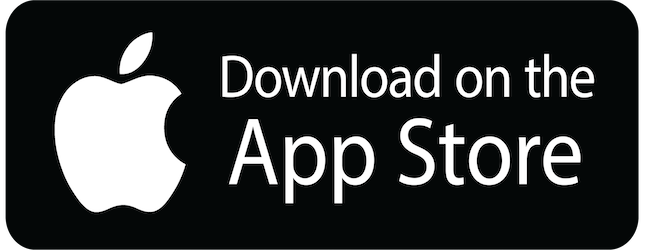How to respond to "How are you?", "What's up?", and other conversation starters

There are a few questions that English speakers ask at the beginning of a conversation. These questions are simple tools to find out if there are any interesting topics to discuss:
How are you?
How's it going?
What's up?
What's happening?
You've certainly heard these questions, but you might be confused about how to answer. Here's a list of common answers to them:
How are you?
Fine.
This is a simple, straight answer. If you don't say anything else, though, it might be a signal that you don't want to continue the conversation.
Not bad.
This is a more friendly-sounding answer than "fine".
Fine, thanks.
This answer is formal. You might answer this way if someone you don't know, like a waiter at a restaurant, asks how you are.
Very well, thanks.
A person who likes to be grammatically proper might answer this way. Technically, the question "How...?" should be answered with an adverb. However, a lot of English speakers don't know or care about this. The people who do are "by the books" types who insist on using grammatically correct language.
Pretty good.
If you don't care as much about grammar, you can answer "Good" or "Pretty good". It's more common and much, much more casual.
Great! How are you doing?
This is an enthusiastic, excited response. It's always good to ask a question back to the other person if you want to continue the conversation.
I'm hanging in there.
This answer makes it sound like you're having a tough day.
I've been better.
People usually give positive answers to the question "How are you?" If you give a negative answer like this one, it usually means that you want to tell the listener your sad story. So they'll usually ask what's wrong:
A: How are you?
B: I've been better.
A: What's wrong?
B: I just found out that I'm being laid off.
How's it going?
This question is similar to "How are you". The answers discussed above all work for "How's it going?" as well.
Here's another answer that will also work for "How's it going", but not for "How are you?"
It's going well.
This is a friendly, polite answer that's suitable for coworkers, clients, and acquaintances that you haven't seen in a while.
What's up?
This question means "What's happening in your life?" But you don't have to answer honestly. If you don't want to start a long conversation, you can use one of these standard replies:
Nothing much.
This is the most common answer. You can follow it by sharing something interesting that's happening: "Nothing much. Just getting ready for Vanessa's graduation."
Not a lot.
This is another really common answer. It's just a bit fresher than "Nothing much" because it's a little less common.
Nothing.
This is more to-the-point. It might make you seem a little angry or rude.
Oh, just the usual.
Answer this way if you do mostly the same things each day.
Just the same old same old.
This phrase means that you're doing the same things every day, and you're a little bored of it.
Oh gosh, all kinds of stuff!
You can answer this way if your life has been really busy and exciting lately.
What's happening?
This question means the same thing as "What's up" and can be answered in the same way.
When not to answer
One other thing that you should know: all of these questions can also be used to mean "Hello". In that case, you don't have to answer. It would be more natural to respond with another greeting:
A: How are you?
B: Hey, how's it going?
So how do you know whether someone really wants to know how you are, or they're just saying "Hi"? You can tell that it's just a greeting if:
- they're walking by you and don't stop to hear your answer
- they wave to you while asking
- the tone of their voice doesn't go up at the end
Learn 50 Common English Phrases
Print this List




